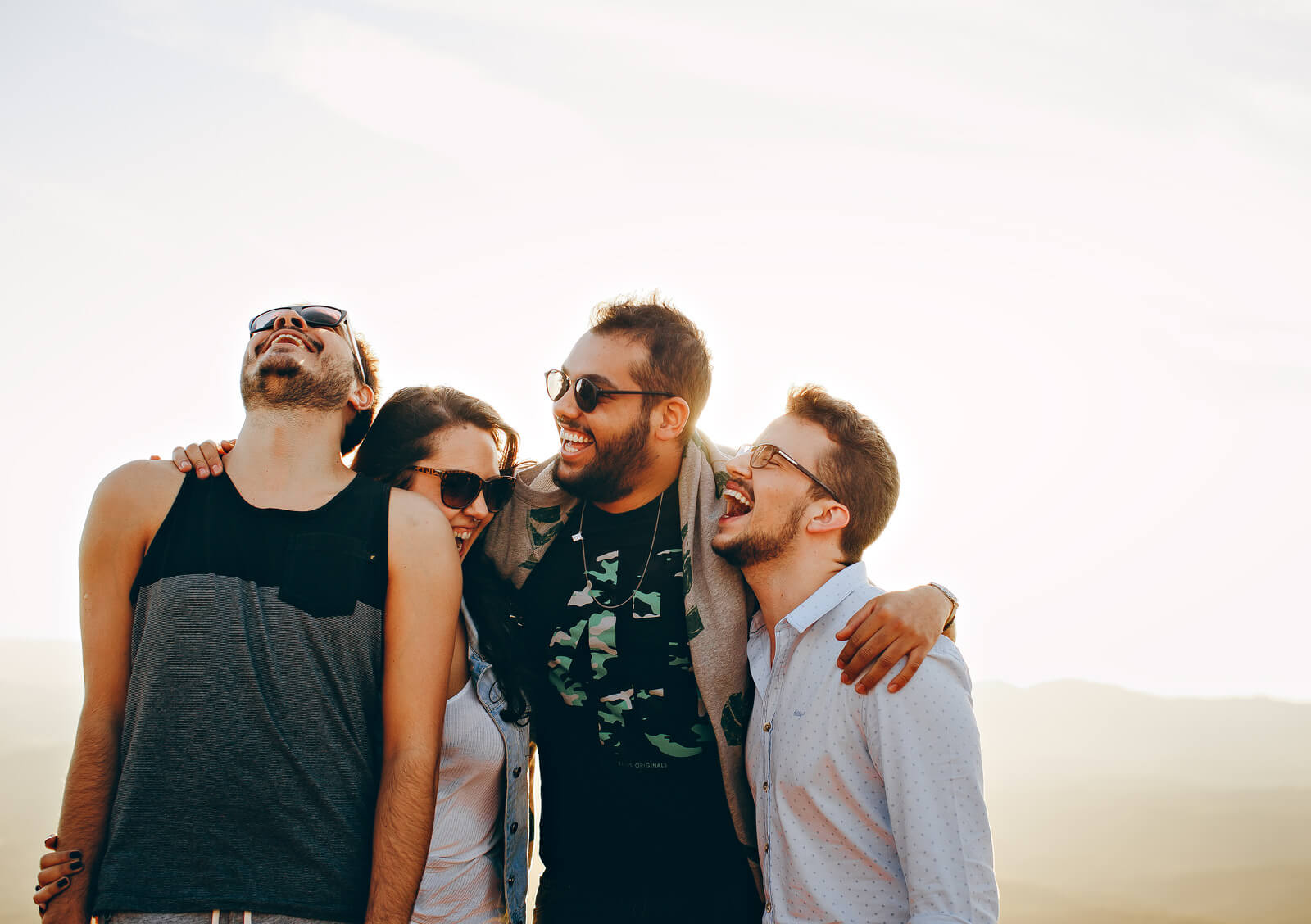“Drink without getting drunk
love without suffering jealousy
Eat without ever indulging
Never argue
And once in a while, with great discretion, misbehave.”
Armando Fuentes Aguirre, El Catón (Mexico)
Some of you will remember my “silly science” newsletters of the past. Pearlers include the “proof” that football fans over-estimate their team’s chances of winning; a study that showed children who have less than 20 minutes to eat lunch at school end up eating less and wasting more healthy foods; and the shocking discovery that if you have bigger food portions, you eat more!
How about the staggering “discovery” that if you get hangovers you can solve it by drinking less? No really: it’s scientifically proven! Joris Verster, an assistant professor of pharmaceutical sciences, pharmacology, and psychopharmacology at Utrecht University in the Netherlands, tells us: “the more you drink, the more likely you are to get a hangover.”
As I said at the time, you couldn’t make this stuff up! I mean, is it really science?
Here’s another howler I quoted: apparently, a study showed that hopping for 2 minutes a day can help bone health in older men. Don’t snigger. The REAL laugh was in the second paragraph:
The research team says it’s too soon to recommend older people start hopping at home! It’ll need more studies before we are sure this is a good idea…
My point was mostly about the huge waste of money in doing “research” like this!
So today, when I saw a headline that science has proven that if you celebrate holidays, you are more likely to be happy, I thought: Here we go again!
I read that: Matthew Killingsworth, a Robert Wood Johnson Health and Society Scholar and happiness researcher, has collected data from over 20,000 people who report how happy they feel at randomly selected moments during daily life. He noted that the data reveals people are actually happier than usual on holidays. Killingsworth says, “Spending time with our friends and family turns out to be a robustly positive predictor of our happiness.”
Hold on a minute, I thought: in the USA, homicides peak at Thanksgiving and Christmas, when families get together. They start killing each other! I write about it as a food and drink indulgence—food allergies can make people violent. There is also too much DNA in the room at these times. Hostilities are probably commoner than love and camaraderie!
In fact, a survey compiled last year (2018) found that 68% of individuals polled expected “trouble” during their Thanksgiving assemblage. Assaults and violence typically increase around 20% over the Thanksgiving holiday!
Take, for example, the case of Paul Merhige in 2009. After finishing off a traditional Thanksgiving meal, the family gathered around a piano to sing Christmas carols. No sooner had the piano fallboard closed that Merhige shot and killed his twin sisters—one of whom was pregnant—an aunt, and a six-year-old cousin and wounded a sister’s husband. “I have been waiting twenty years to do this!” Merhige confessed to Florida authorities with relief.
Fortunately, most of us are not crazy when we eat the wrong foods. But some people are. One of my most famous cases ever was an Irish boy allergic to potato. He had tried to strangle his step-father and was sent to me by the courts for evaluation. I made medico-legal history in 1986 when, for the first time in the world, a judge accepted that a food allergy could make someone murderously violent.
Of course the irony of an Irish lad being allergic to potato was not lost in the media. The story went “viral” as we say today and it was echoed and re-echoed around the planet. I did an hour of prime time television in the UK on this story.
The Good Stuff
Dr Erica Chadwick, a PhD researcher at Victoria University in Wellington, New Zealand, spent more than three years studying people and what made them happy and she reckons family and friends, and savoring the little things score highest.
Dr Chadwick said the research clearly shows meaningful social connections with family and friends remain the most valuable tool for feeling happy and mentally well. So take a moment to appreciate the small moments in life that put a smile on your face, like a high-five, a radiant flower or a good mark.
Actually, this is useful science. I was just being a bit perverse earlier. For example, recent research published in the PLOS ONE (Public Library of Online Science) analyzed language patterns of volunteers on social media and found people who use words such as “weekend,” “coffee,” “holiday,” and “delicious,” score high for positive emotions. These are people who enjoy getting outside, celebrating holidays, and hanging out with their friends.
That’s something I’m glad to know.
We know that savoring the little things and having gratitude can lead to greater overall well-being. So celebrating for longer may extend those positive feelings. A study from the Journal of Environmental Psychology suggests that holiday decorations tell neighbors you’re accessible and friendly, open to socializing and making new friends.
Gratitude Wins The Day
Gratitude, as I have written often, is a MASSIVE healer. It doesn’t mean you give up on having more and being more successful. But it does mean you grasp at happiness NOW. Be happy with what you’ve got and tell yourself so!
It’s good to keep a gratitude journal and at the end of each day, write at least 3 telling things you have cause to be grateful for. That has GOOD science, not silly science, which says the effect on your well being will last for weeks, or even months.
- Gratitude opens the door to more relationships.
- Gratitude improves physical health.
- Gratitude improves psychological health.
- Gratitude enhances empathy and reduces aggression.
- Grateful people sleep better.
- Gratitude improves self-esteem.
- Gratitude increases mental strength.
I have a great gratitude track on my collection of “mind walks” for the Kasina device. You could do worse than get yourself one of these amazingly soothing instruments
You can also build yourself a gratitude “wheel” like this (from mindsoother.com):
Or just take a notepad and start writing out things to be grateful for. The secret is to keep doing it beyond just a few days. Keep at it!

Prof. Keith Scott-Mumby
The Alternative Doctor






